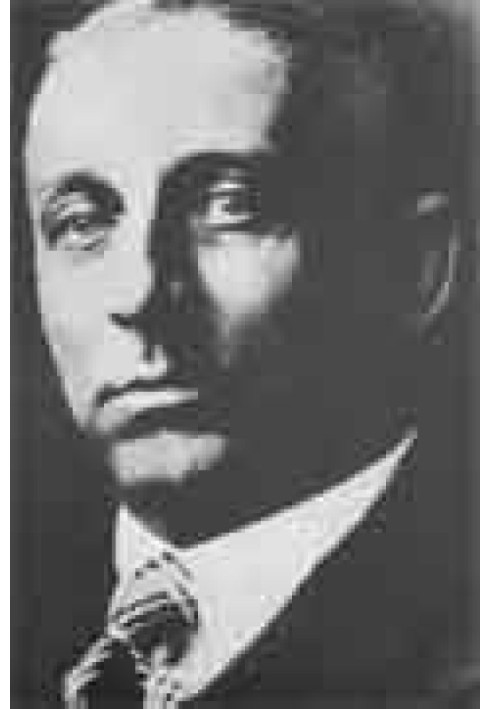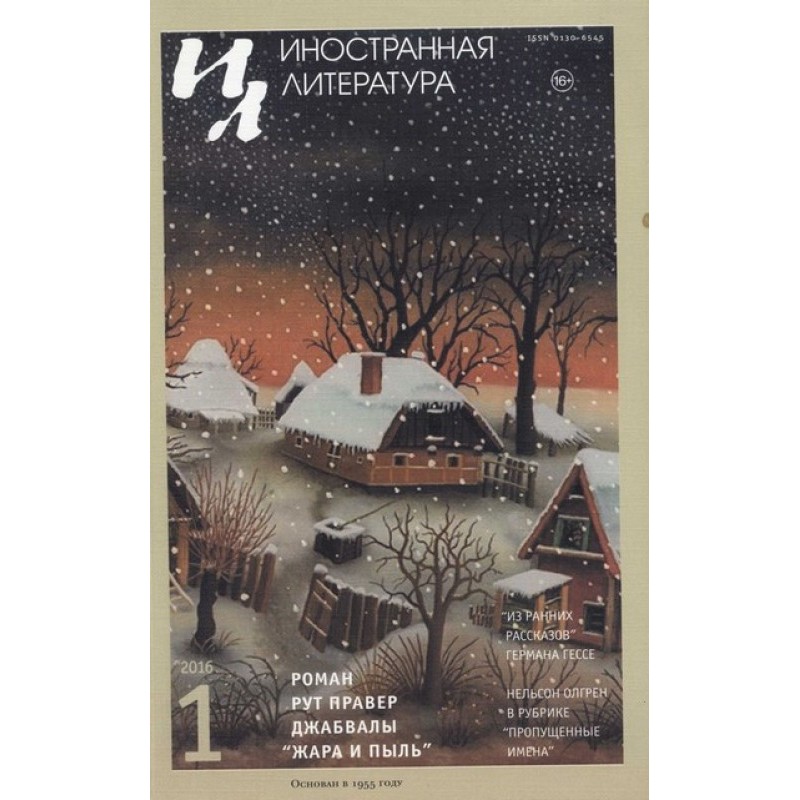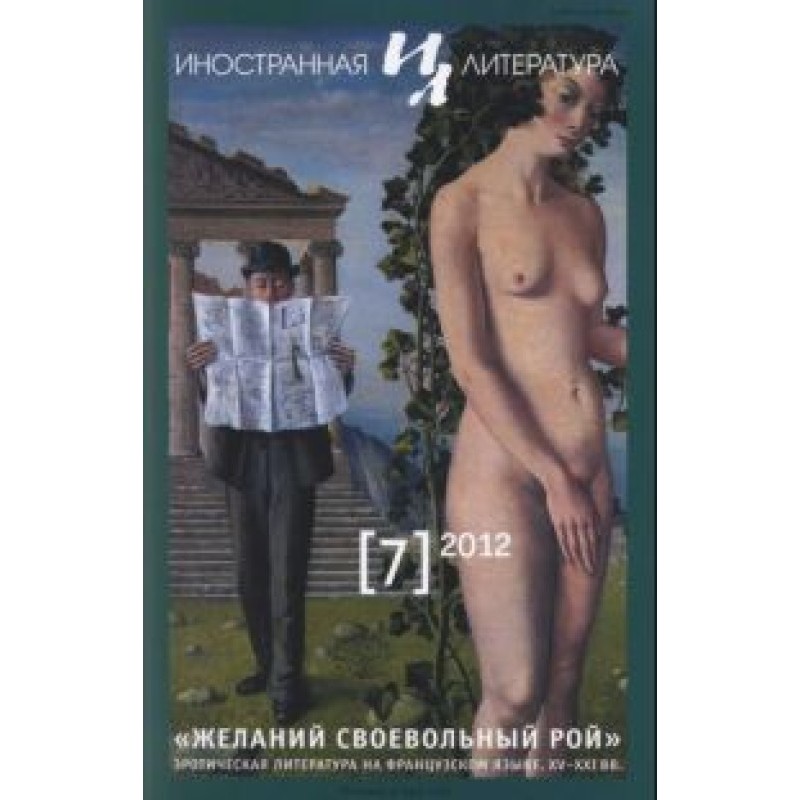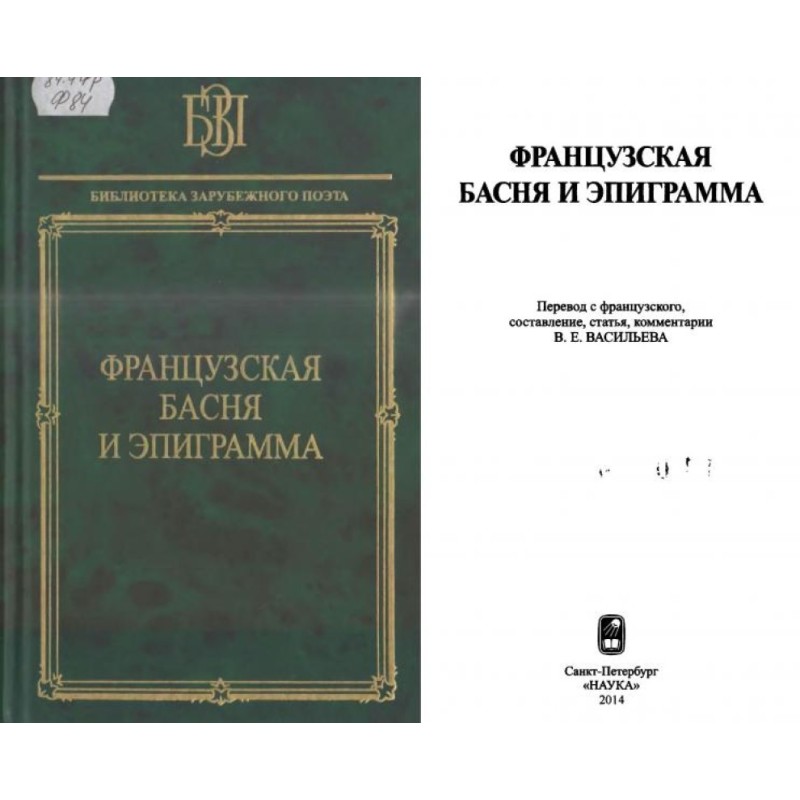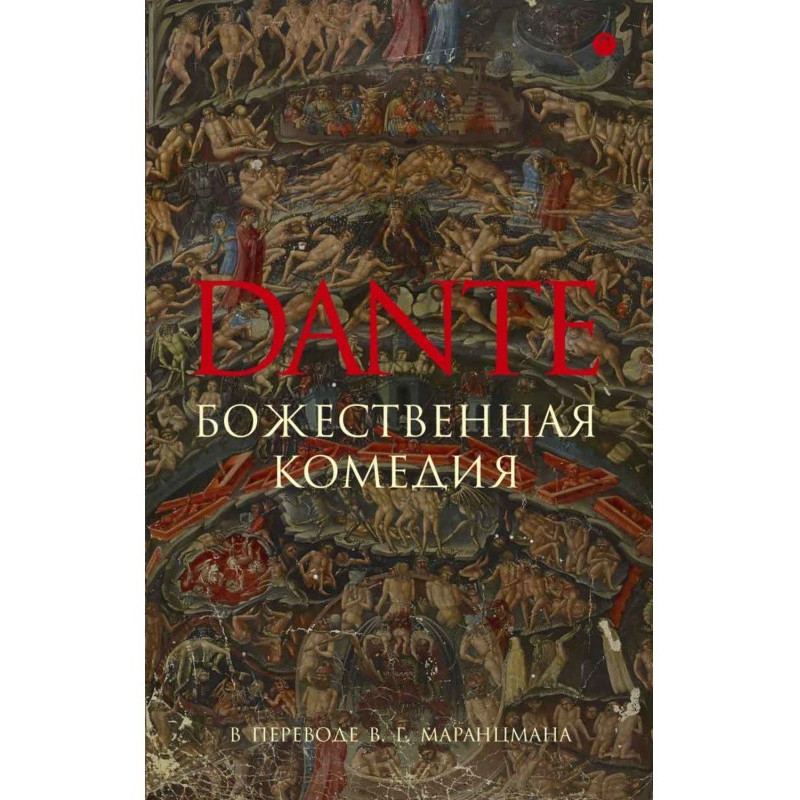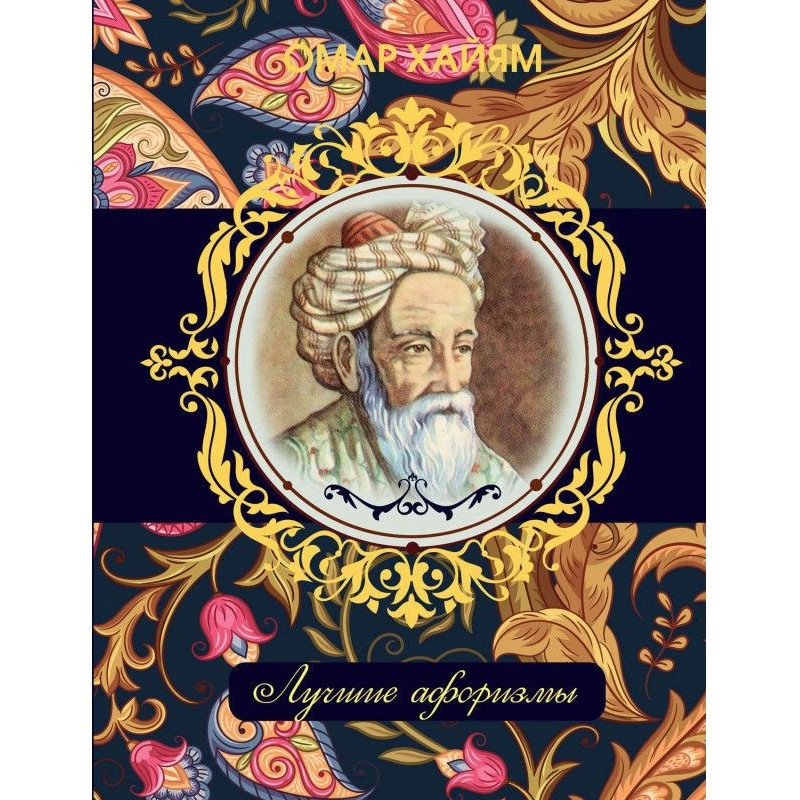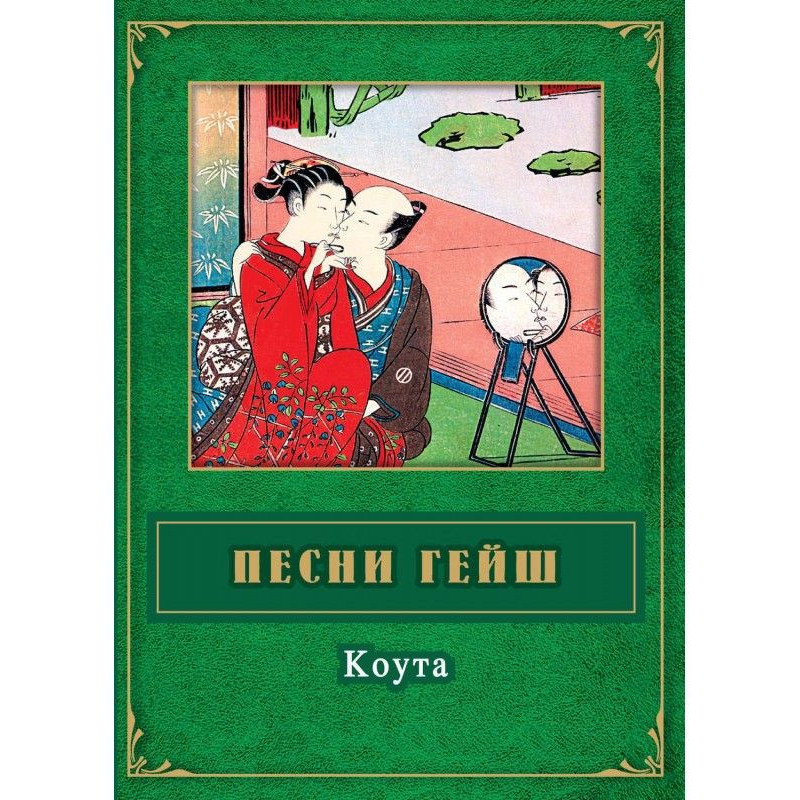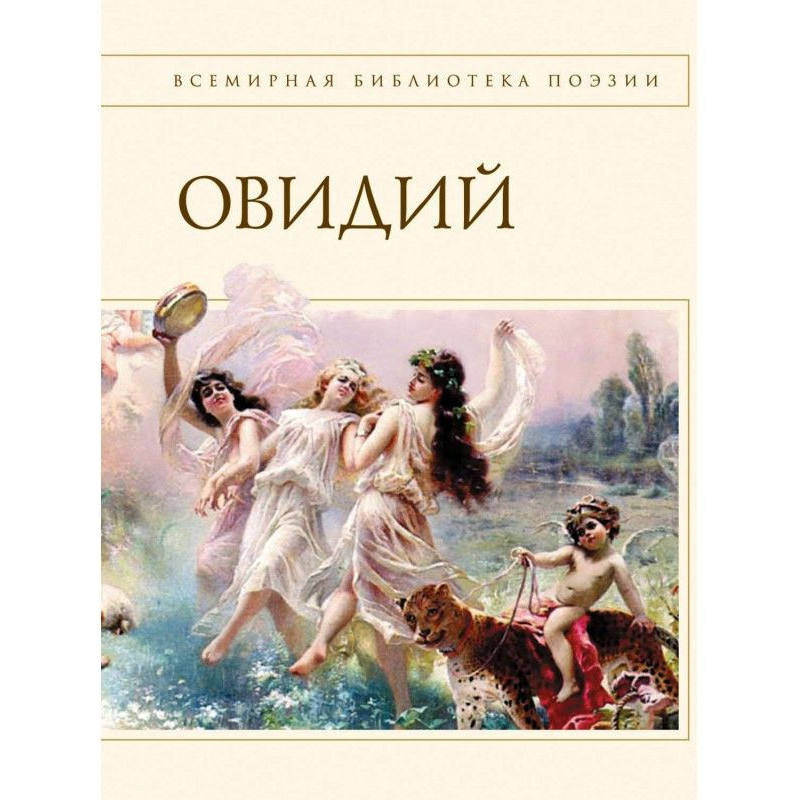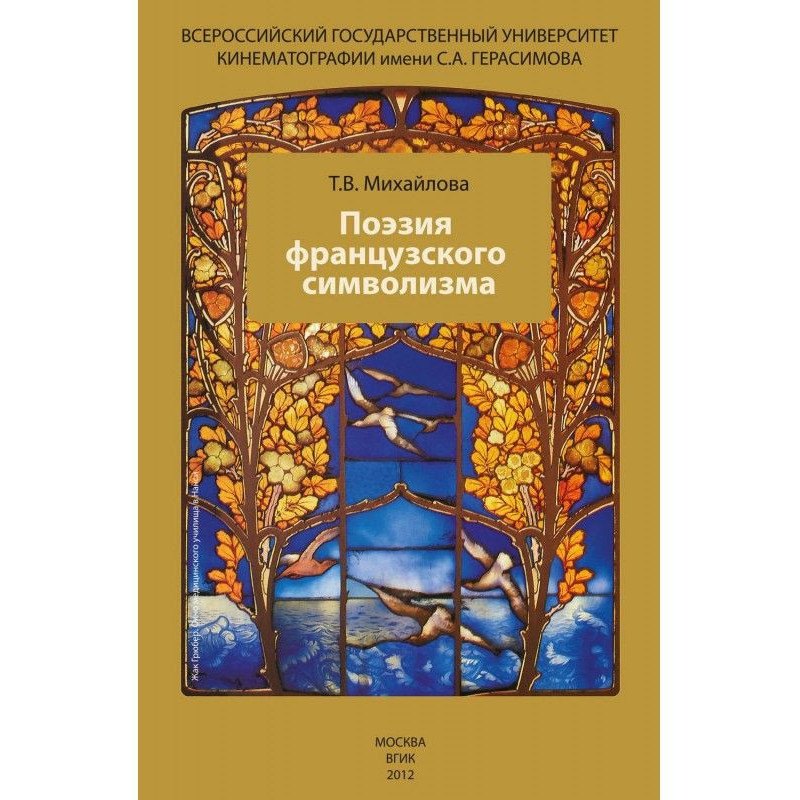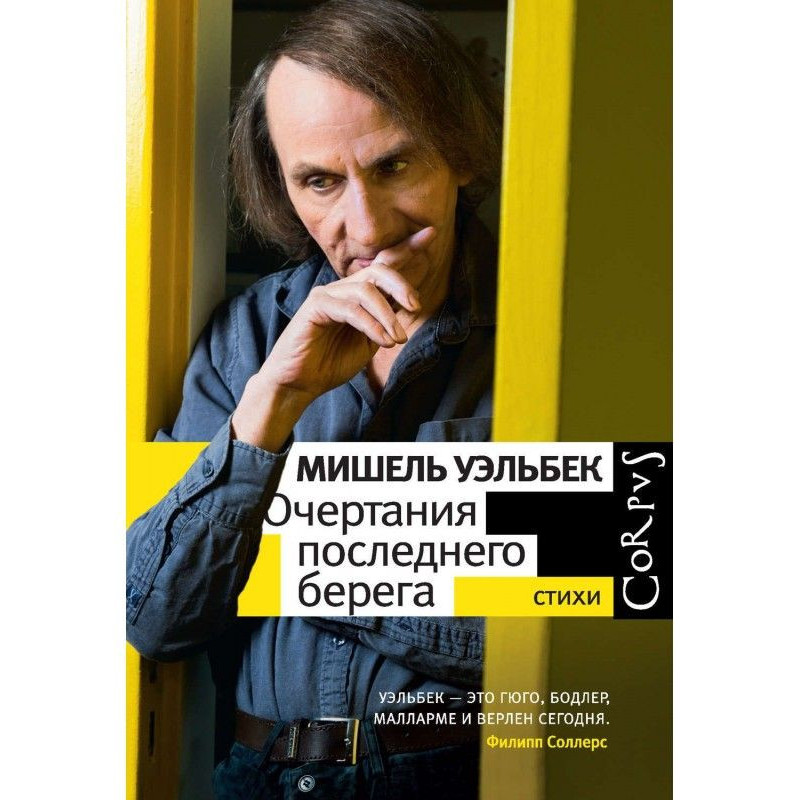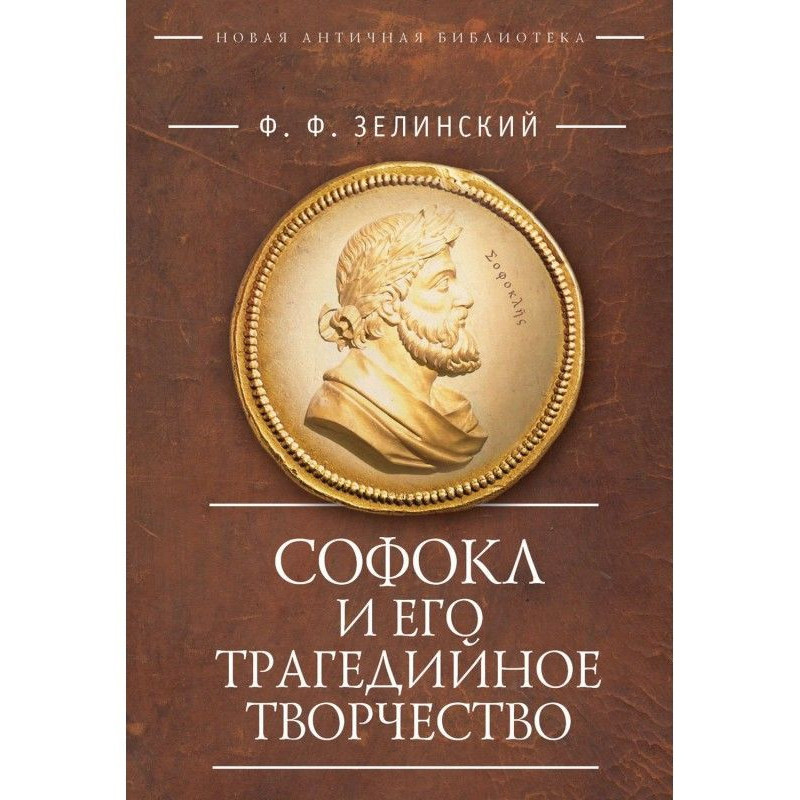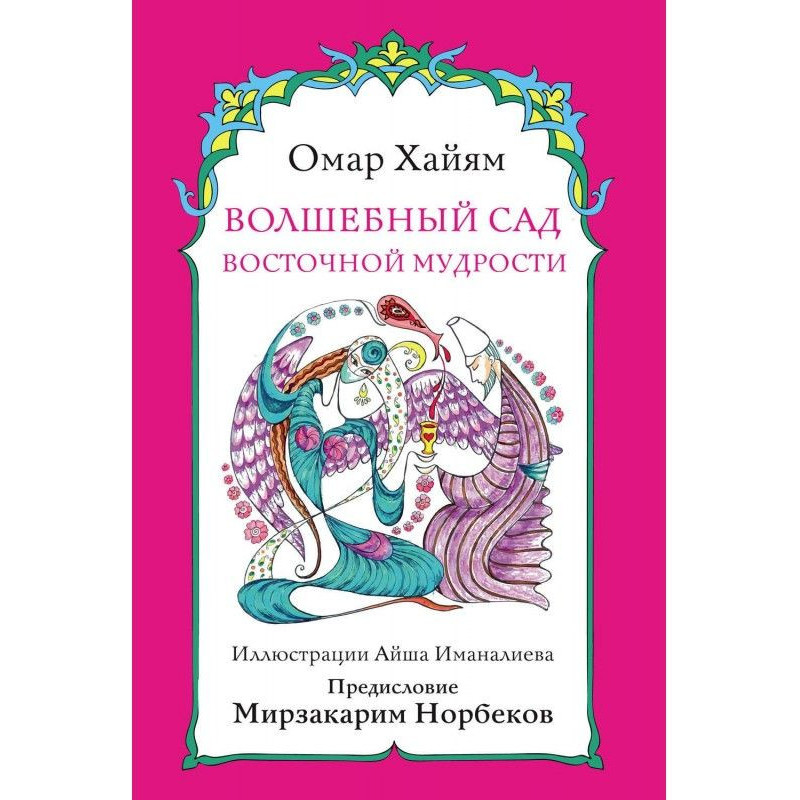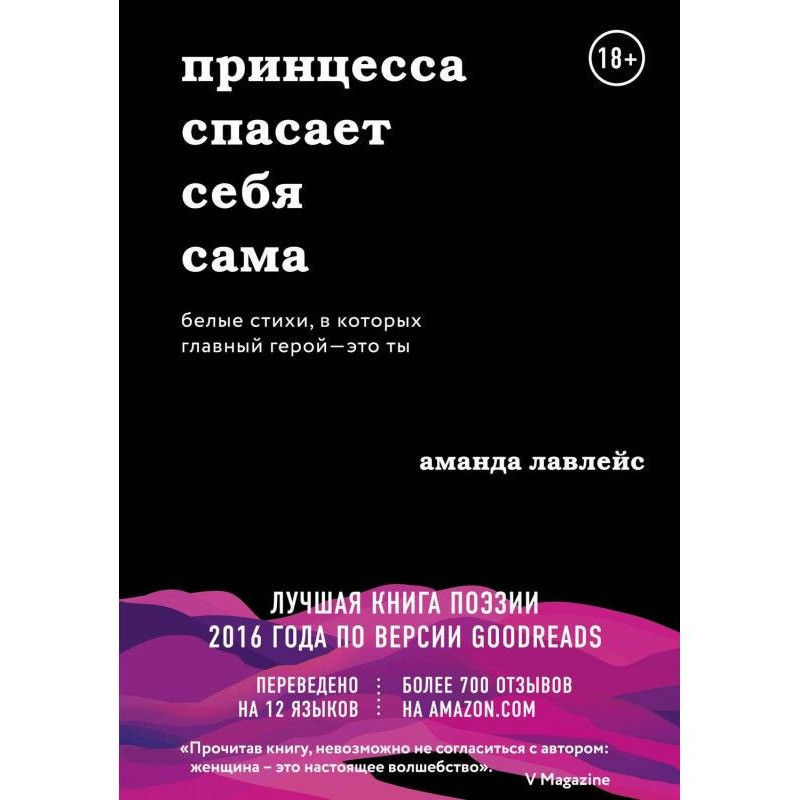Translations
 Instant download
Instant download
after payment (24/7)
 Wide range of formats
Wide range of formats
(for all gadgets)
 Full book
Full book
(including for Apple and Android)
1886, Odessa - 1938, repressed in Leningrad In the first book, published in Kyiv in a circulation of 150 copies, Livshits’s book “The Flute Marcia” had an almost traditional for those years section “Translations” - all from the “damned poets” Rimbaud, Corbières and Rollin . Nominally, Livshits belonged to the Cubo-Futurists of the Kyiv group “Gilea”, but it was precisely the deep roots of Livshits’s work, going to world culture (primarily French), that made this “union” strained and artificial - Burlyuk’s “Everyone is young, young, young...” , of course, can be passed off as a “free translation” from Rimbaud (as was done in the publication of “Literary Monuments”), but this translation was almost certainly born from conversations with Livshits, who brought an unusual gloss to the cube-futurist environment. The “final” book of Livshits’s translations from French poetry was the anthology “From the Romantics to the Surrealists”, completed in 1930 (published in 1934), - however, the book, expanded by a third, was republished in 1937 (“French Lyricists”): specially For re-release, Livshits translated, for example, Rimbaud’s “The Drunken Ship.” Much still remained outside the scope of this book - for example, translations of all of Moliere’s lyrics were published after the death of Livshits, in 1939 - as was the practice in those years, without the name of the translator at all (the practice of a “fictitious name” became the rule only thirty years later). Livshits, by nature of his talent, was a natural poet-translator in the best sense of the word, his other works - “The Novel” or “Ophelia” by Rimbaud - simply discouraged the desire to “compete” with him: the role of these translations in the 20th century is the same as “Budrys and his sons” by Pushkin-Mitskevich or “The Corinthian Bride” by Goethe - A.K. Tolstoy in the 19th century, although amateurs usually indulge in just such competitions. If a poetic translation can serve as a replacement for the original only in the case of rare luck, then Livshits owns more such “replacements” than anyone else in this anthology. At the end of his life, Livshits translated a lot from Georgian (two thirds of the translations have been lost), but this part of his work is incomparable with the “French” one. After the arrest of the poet on October 16, 1937, there is no reliable information about him: according to the official certificate, a year later he was either shot, or died under torture, or in general this whole certificate is a pure phony, because it reports his death “from the heart.” attack" (by the way, she gives the date May 15, 1939; later the date September 21, 1938 appeared, which was equally unconvincing). The rehabilitation of Livshits, which took place in 1957, was of great importance for the publication of French poetry in the USSR - Livshits’s translations were constantly republished from that time on and under his original name.
Data sheet
- Name of the Author
- Альфонс Ламартин де
Альфред Мюссе Де
Артюр Рембо
Виктор Гюго
Гийом Аполлинер
Жан Мольер Батист
Поль-Мари Верлен
Шарль Леконт де Лиль - Language
- Ukrainian
- Translator
- Бенедикт Константинович Лившиц

